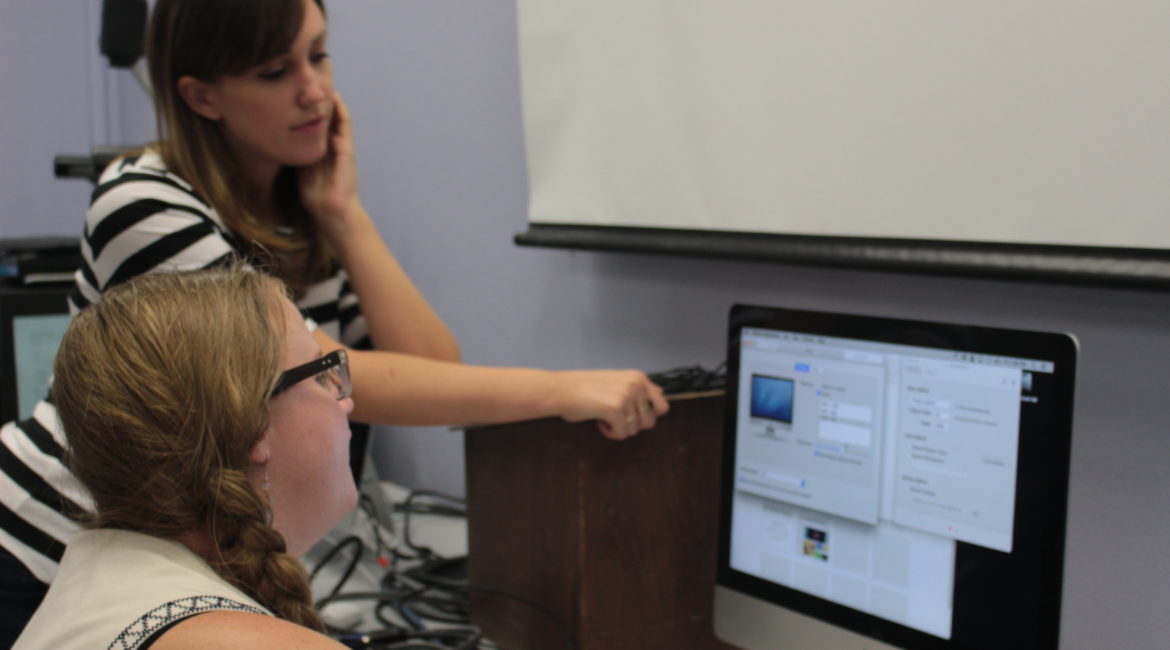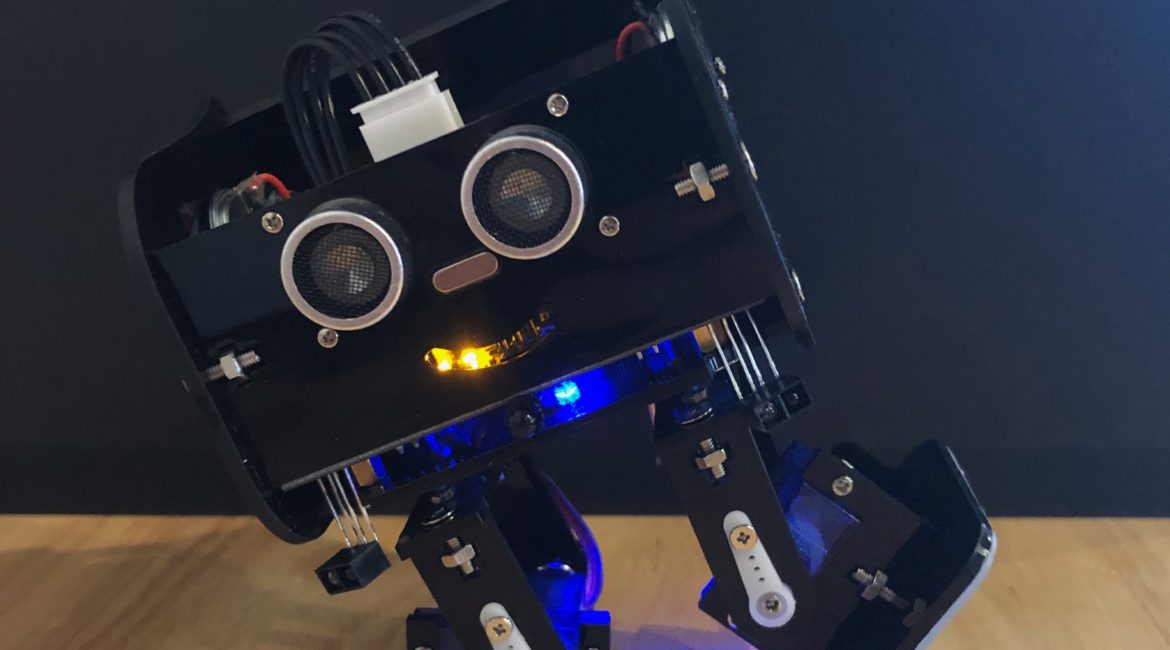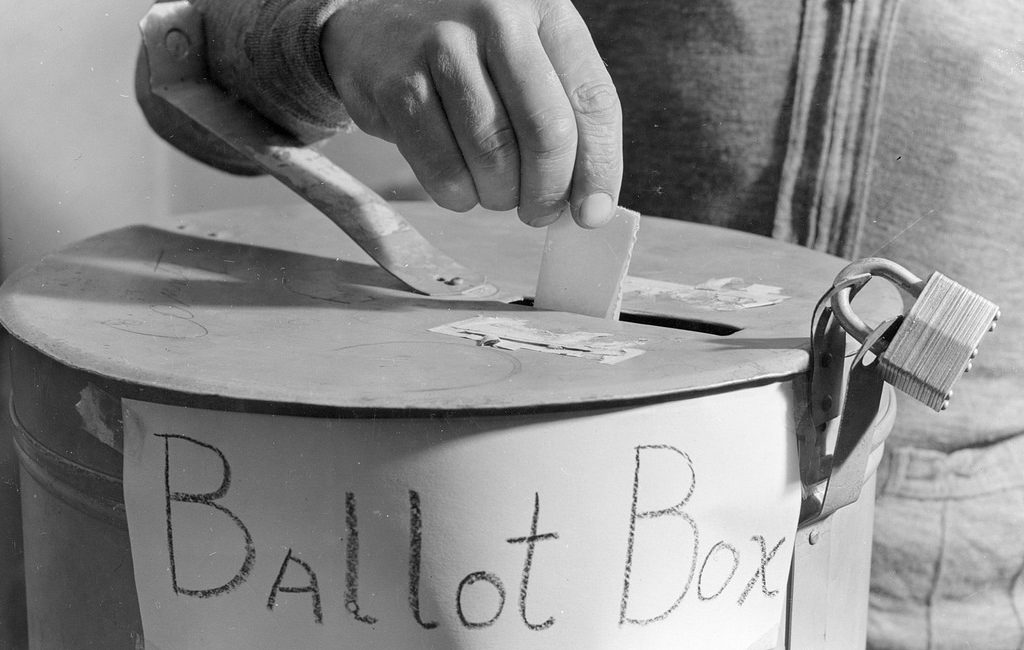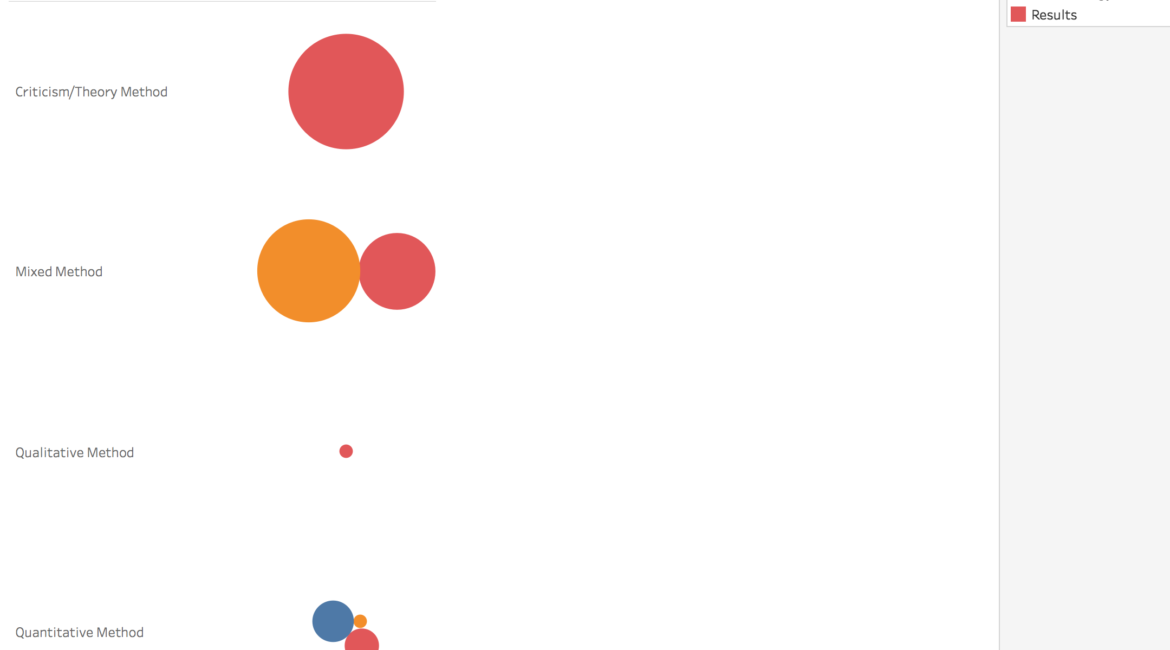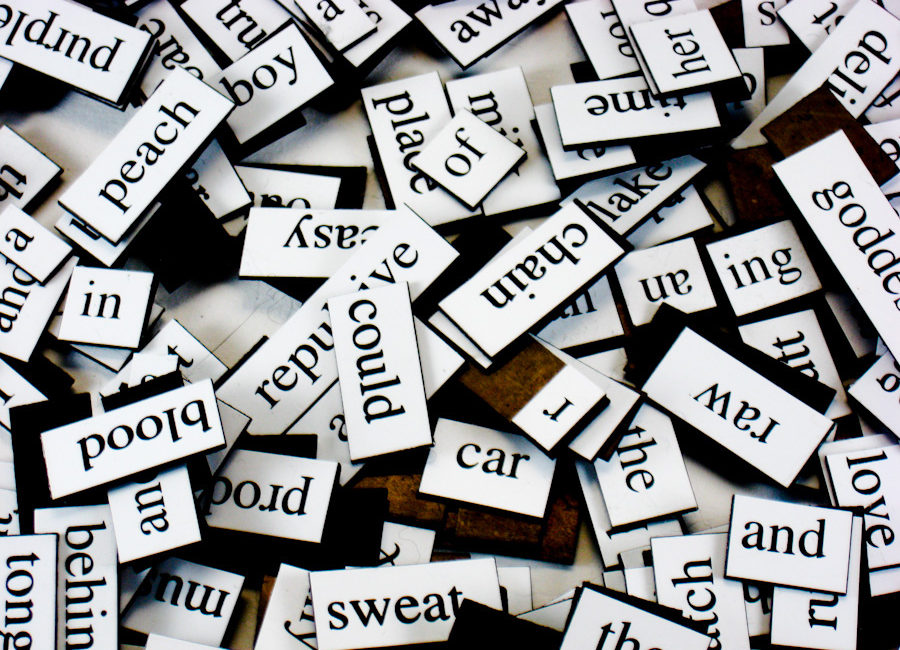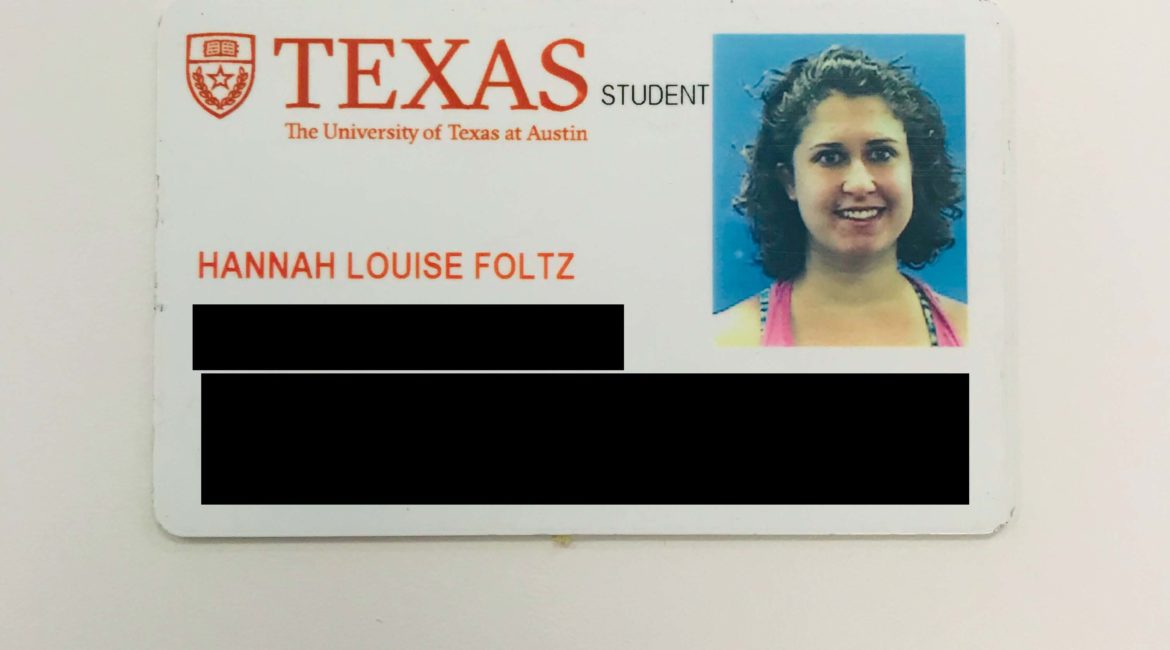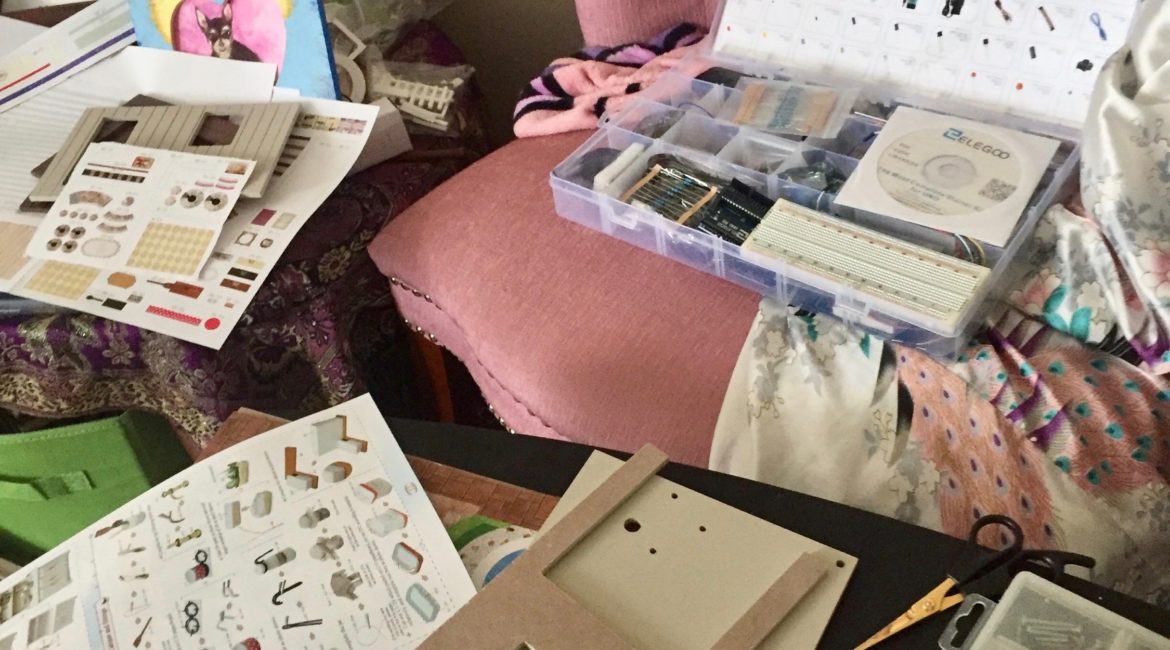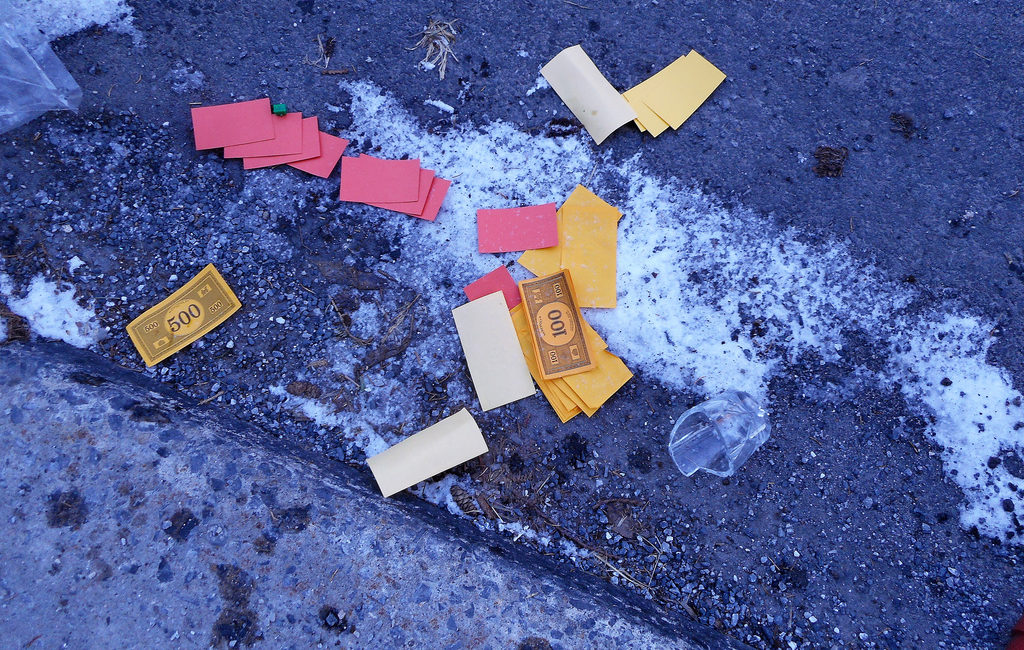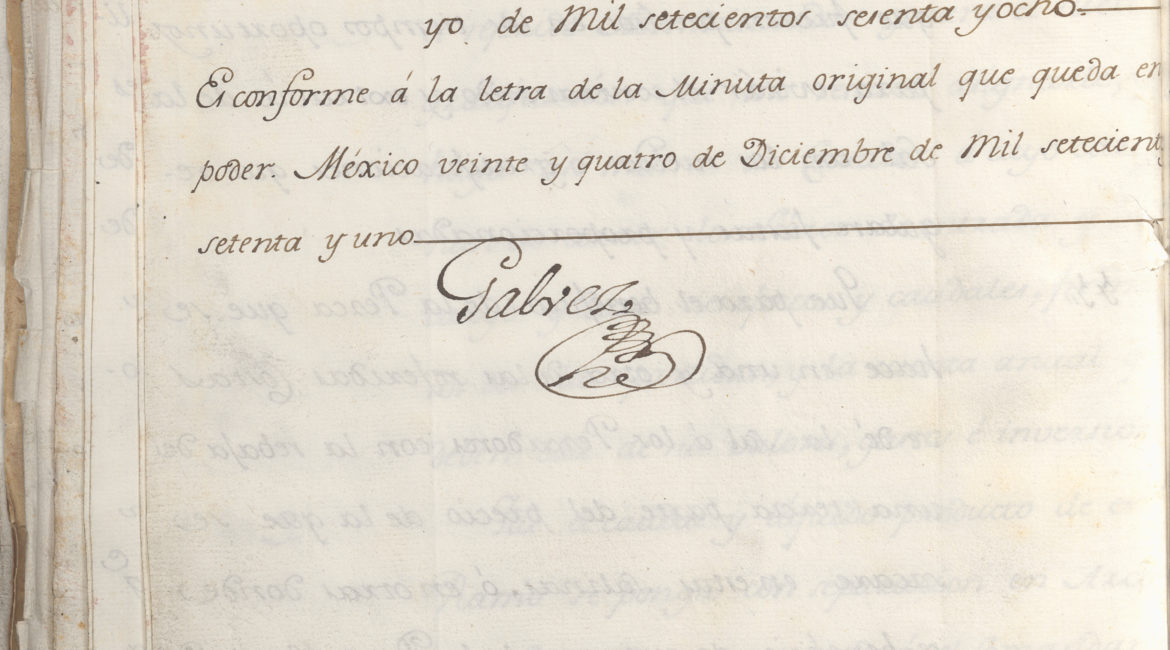At the start of each Fall semester, staffers and students affiliated with the DWRL have the opportunity to apply for Flash Fellowships. These awards provide recipients with the time, funding, and technical resources they need to accomplish a contained project related to their own research and scholarship. Assistant instructors and...
Flash Fellowship: DWRLy the Arduino Robot
Besides serving as the DWRL’s future mascot, DWRLy the bipedal robot serves as a prototype for Arduino-based socially assistive robots (SARs) for people with developmental and cognitive disabilities. My project in creating DWRLy is to experiment with the different functions for which an Arduino can be used in creating SARs—including...
Flash Fellowship: The Ghana Election Petition
Inspired by Damien Pfister’s collection of the rhetoric of computational propaganda that occurred on Facebook during the 2016 US election, my project is an archive on key materials covering an election petition filed in Ghana’s Supreme Court following disputed presidential elections in 2012. The archive includes courtroom discourse spanning eight...
Flash Fellowship: Computational Citation Categorization
It’s no secret that research is rhetorical. In the most rhetorical terms, research practices build on a discipline’s assumptions and warrants to gather evidence and to make claims based on that evidence. For most research, evidence appears in the form of citations. But are all citations created equal? Citations of...
Flash Fellowship: The Re-lineator
My flash fellowship, the re-lineator, will be a digital pedagogical tool for poets, scholars, and students of poetry who are interested in exploring the interpretive possibilities posed by altering a poem’s line break. The basic premise of the re-lineator is to create a web app that will allow students of...
Flash Fellowship: Unpacking the UT ID
I am working on a paper and accompanying Scalar site that uses the UT student ID card to center a discussion of social control in the university. This piece will “make the familiar strange” by unpacking the history, technology, economics, and visual branding of the UT ID card. I hope...
Flash Fellowship: Online Resource for Inclusivity Oriented Classrooms
Inclusivity is not a transparent concept, but it is a moral responsibility teachers have to make sure minorities and students that come from exclusions have a voice in the classroom, that they feel seen and comfortable enough to participate. The goal of this project is to provide a digital space...
Flash Fellowship: Building Memories in an Arduino House
When people lose their memory, sparks of what they can and cannot recall catalyze in the spaces they inhabit. Having the capability to answer the countless questions that people with memory loss have with this spatial motivation in mind meets with caregiver goals to provide emotional assistance, as many with...
Flash Fellowship: Data/Finance/Management
Writing on the financial crisis of the early 2000s, Edward LiPuma has observed the ways that houses became the central media by which Americans understood their financial assets. Presently, public, private, and personal data produced in and by merely living amongst the Internet of Things becomes increasingly economized. Collective practices...
Flash Fellowship: Bureaucracy on the Ground in Colonial Mexico
In an effort to increase accessibility in the study of the Spanish Empire, I have created an interactive digital exhibition based on 15 documents from the Genaro Garcia Collection, housed at the LLILAS Benson Library at UT. The exhibition provides an accessible forum for learning about what it really meant...


